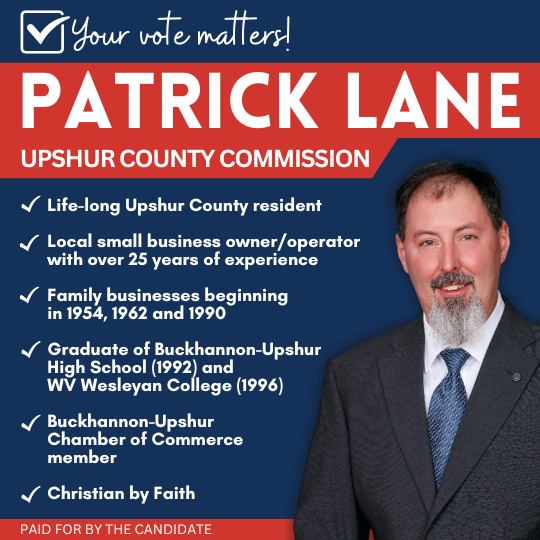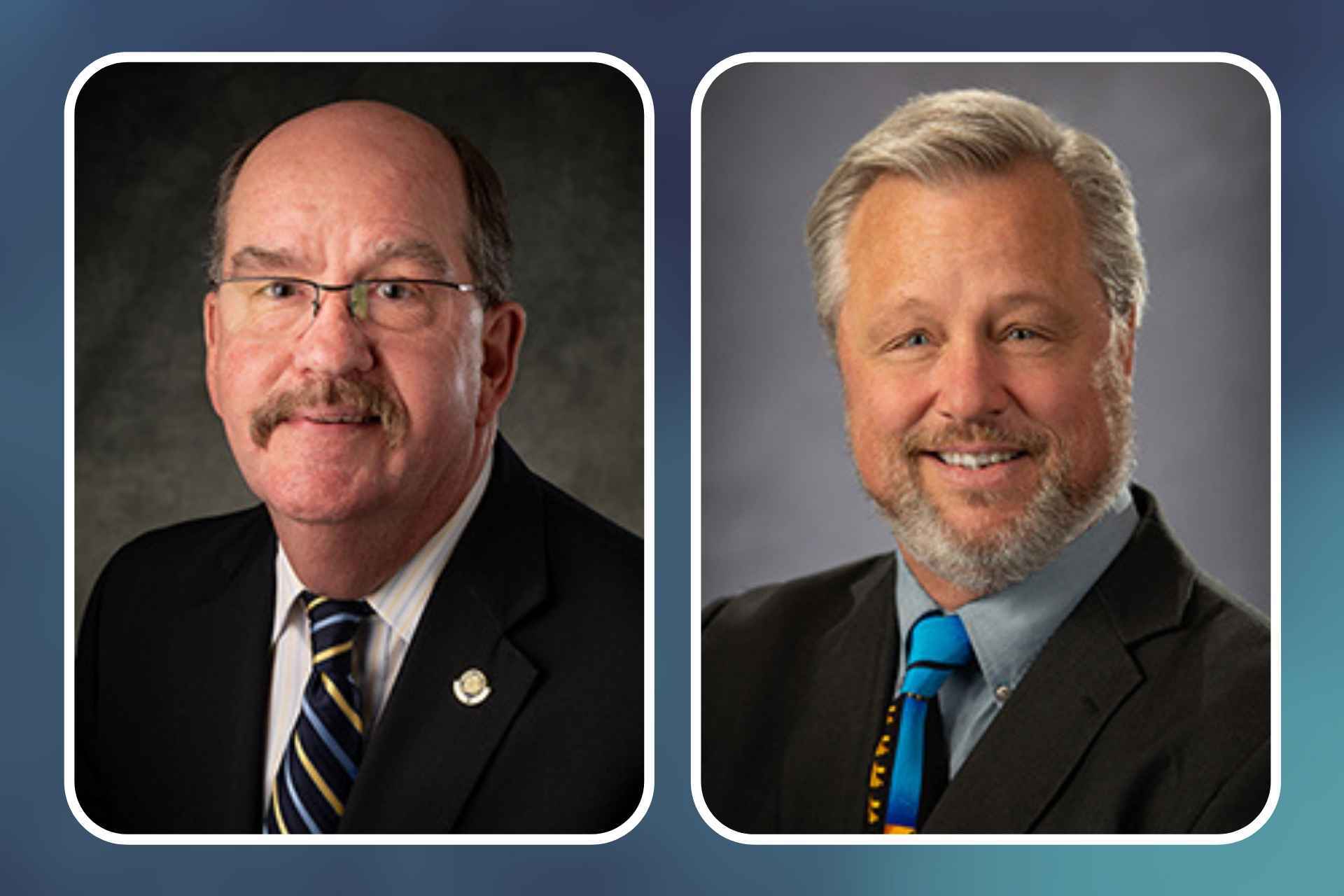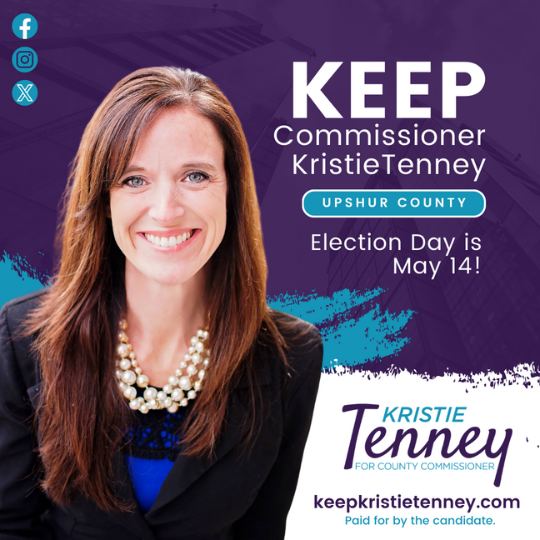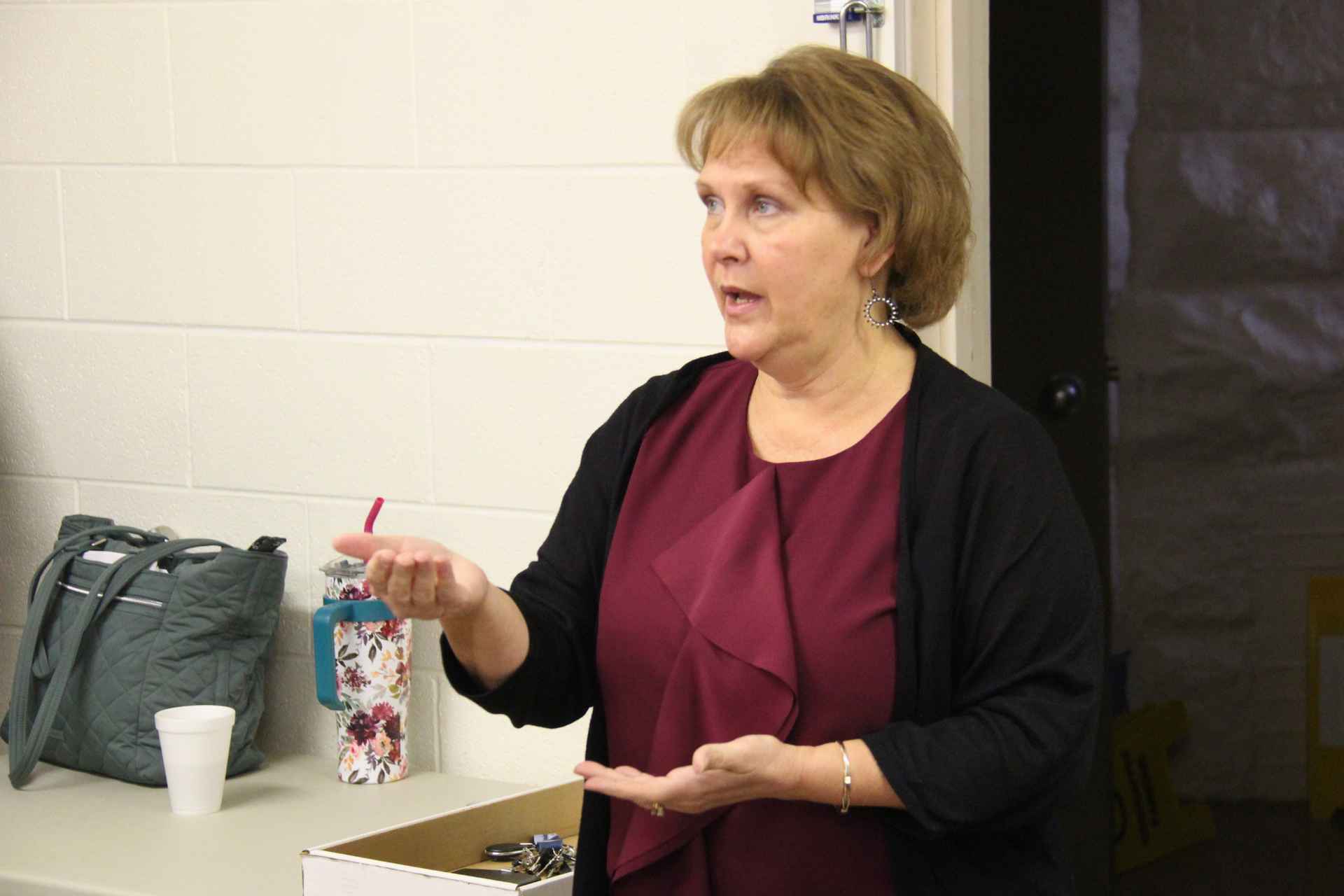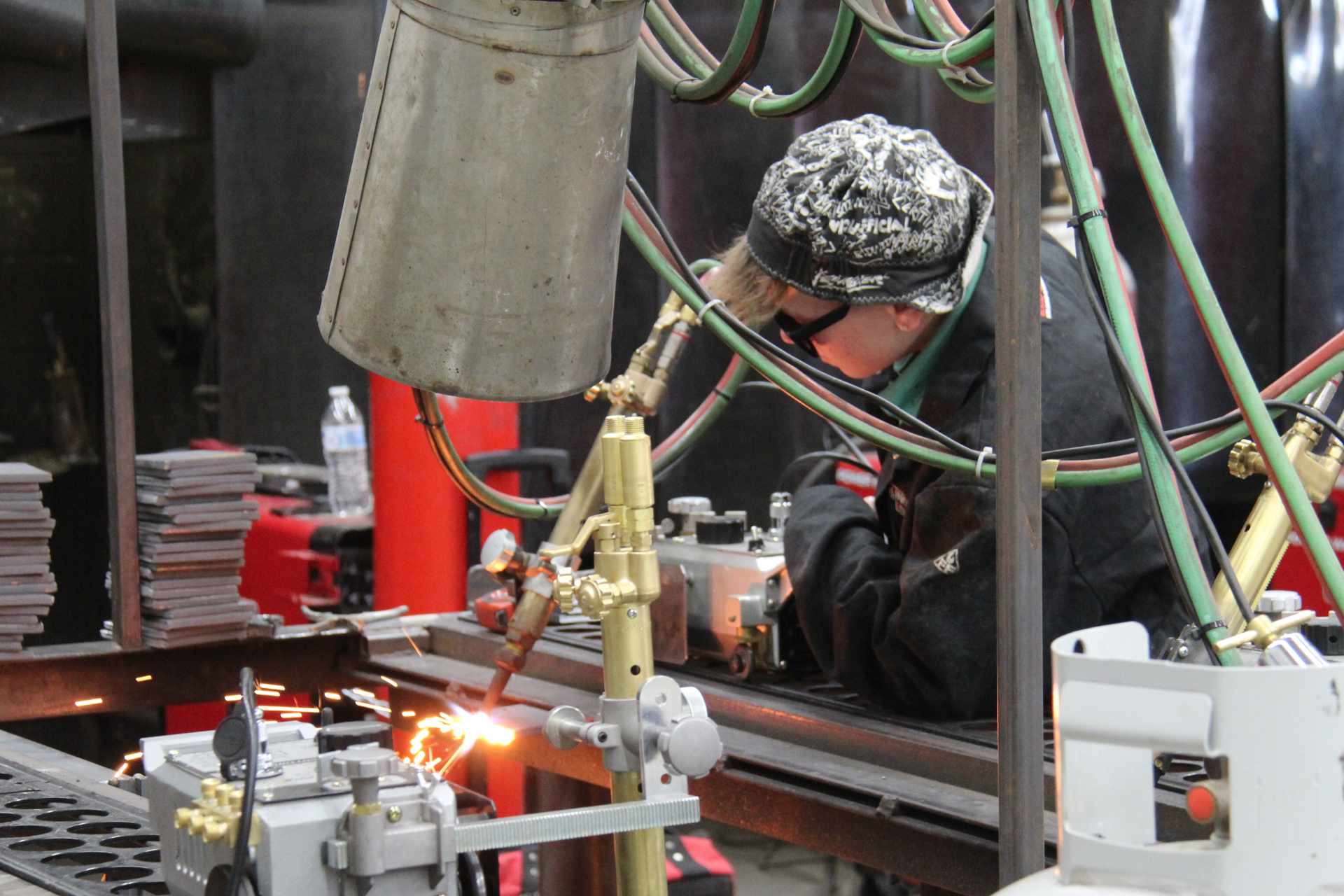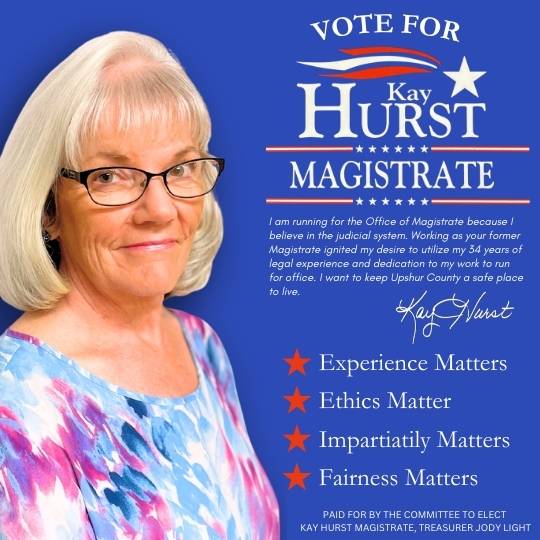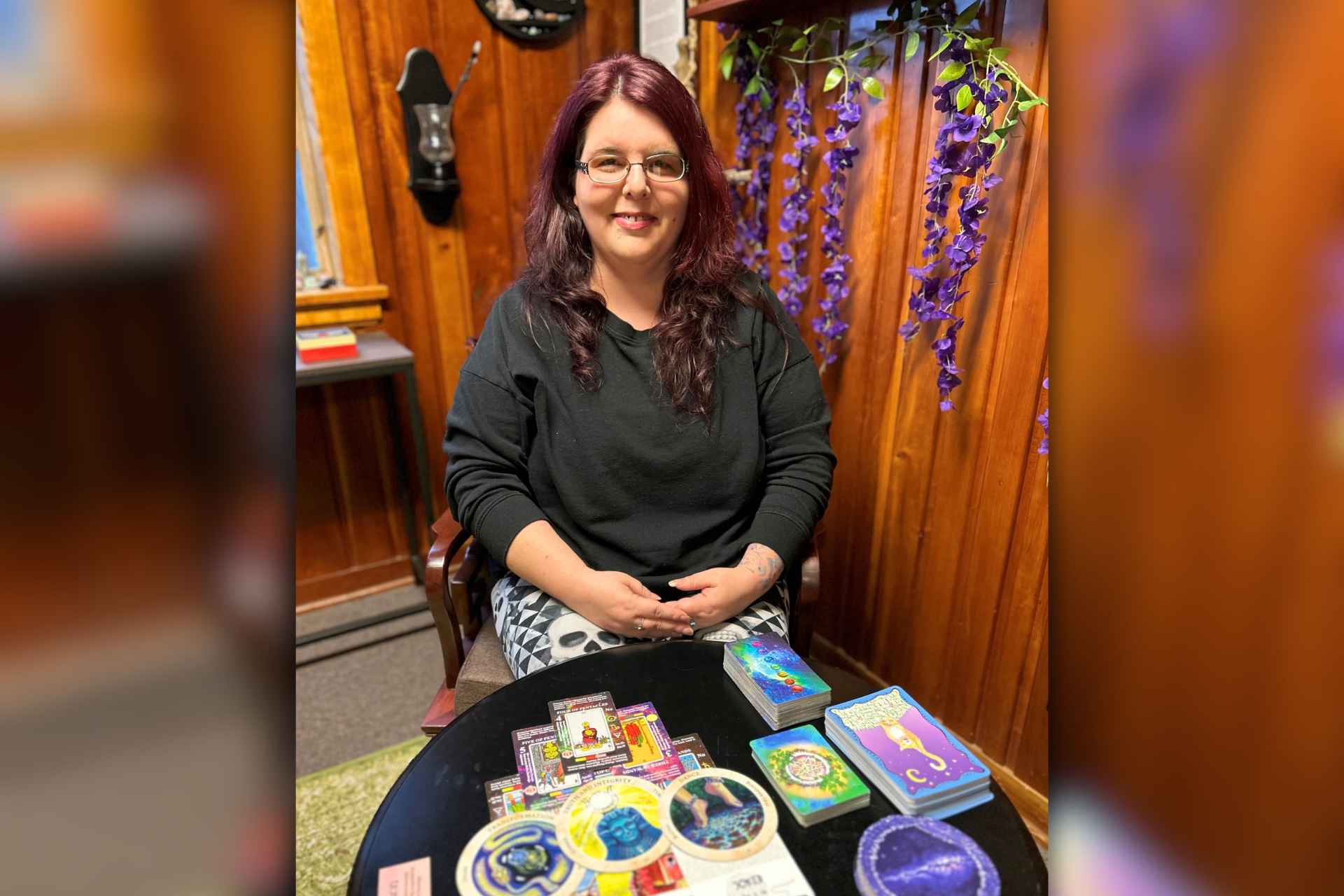CHARLESTON – When West Virginia lawmakers returned to Charleston earlier this week for the 2021 regular legislative session, the 85th Legislature got to work Wednesday morning with Republicans in both the House of Delegates and Senate holding supermajorities, making much of their legislative agenda likely to come to fruition.
As was revealed during West Virginia Governor Jim Justice’s State of the State address Wednesday, Feb. 10, one of the goals on that agenda is phasing out the state income tax.
My Buckhannon recently reached out to local legislators who represent Upshur County, including Sen. Bill Hamilton, R-Upshur and Sen. Robert Karnes, R-Randolph, both of whom represent the 11th Senatorial District. Hamilton and Karnes discussed their thoughts on the proposed state income tax removal, legislative priorities and bills are planning to sponsor.
Sen. Bill Hamilton, R-Upshur, 11th Senatorial District (part of Grant, Nicholas, Pendleton, Pocahontas, Randolph, Upshur and Webster counties)
As Hamilton, R-Upshur, starts his third year in the Senate and his 19th year as a member of the West Virginia State Legislature, he will serve as chair of the Natural Resources Committee, in addition to serving on the Economic Development; Energy, Industry and Mining; Finance; and Military Committees.
Hamilton said his broad priorities include tackling the drug and addiction epidemic by making treatment centers more accessible and broadband internet expansion, which he believes is long overdue.
“We’ve been focusing on COVID this year, but we still have a drug crisis, and it’s even worse than it has ever been before,” Hamilton said. “Law enforcement is important, but you can’t lock everybody up. We’ve got to get money out for rehabilitation facilities and do it on a regional basis, not just in Wood, Kanawha or Cabell counties; a lot of people who struggle with addiction issues are walking or riding their bicycles places, so they don’t have the ability to go 40, 50 or 60 miles to a rehabilitation facility.”
“I’m hoping that we can revamp the budget and squeeze some money out to have sites around the state,” he added.
Hamilton said it’s hard to see any kind of silver lining regarding the pandemic, but one issue it brought to light was how detrimentally impacted students were by a lack of access to reliable broadband internet.
“It’s expanded our thinking on broadband, and yes, we’ve got the hot spots set up at libraries and other places, but I would like to see private-public partnerships to expand broadband,” he said, referencing a 2007 bill that would have done just that but was vetoed by then-governor Joe Manchin.
“I am hoping we can resurrect that bill,” Hamilton said. “We’ve got to have more tools in the toolbox.”
Regarding the possible removal of income tax, Hamilton supports it, but says it must be done carefully, and not all at once.
“That’s going to put a $2.2 billion hole in the budget, so it cannot be taken off all in one year,” he said. “The governor and the president of the Senate, Senator Craig Blair support it, but we can’t take this off all at one time. We need to do it in three or four years. The State of Kansas tried to do it all at one time, and it didn’t work out very well for them.”
Hamilton also discussed several bills he plans to run or co-sponsor. One of those is Senate Bill 593 from the 2020 Regular Legislative Session, which would require West Virginia State Police troopers and W.Va. Natural Resources Police to be outfitted with Class 4 vests, which can stop a high-powered rifle, unlike daily vests, which Hamilton said will only provide protection against a small pistol.
“Last year, it didn’t come out of committee, and I’d really like to see that bill run again,” he said. “It’s important that we protect these guys out here who are protecting us every day.” (Read Hamilton’s column regarding the ceramic-plated vests here.)
As of Thursday, the status of that bill, renumbered SB 45, is pending.
Another bill Hamilton is considering running is one that would make it illegal to price girls’ and women’s hygiene and personal care products – for example, razors – higher than men’s equivalent products.
“I was approached by some young ladies from Raleigh County, who are middle-schoolers, and they pointed out how things that are pink, like razors, are higher for ladies,” Hamilton said. “We should not have a higher price on pink (women’s) products than men’s products that have the same ingredients because that penalizes women.”
Hamilton said he also wants to run a bill that would outlaw the sales of drug paraphernalia, such as pipes used to smoke methamphetamine and other products.
“We do have a major drug problem,” he said. “As you know, my son died of a drug overdose in Upshur County June 3, and it was the ninth death in Upshur County since January 1, 2020. By June 3, Upshur County first responders had revived through Narcan approximately 23 cases.”
Hamilton said the addiction epidemic isn’t about his son, but rather, about “all our children who are suffering from substance abuse.”
“This problem has been hidden by the COVID-19 crisis, and we need action, not words,” he said.
One other bill Hamilton may sponsor is one that would outlaw driving under the influence of narcotics.
“I had a retired Los Angeles County sheriff’s deputy who moved back to West Virginia, and he was a narcotics investigator. He said they had redone their laws so that DUI while on narcotics was illegal, but he said he couldn’t find a similar bill in West Virginia so I’m working on that bill.”
Hamilton may be reached via email at bill.hamilton@wvsenate.gov.
Sen. Robert Karnes, R-Randolph, 11th Senatorial District (part of Grant, Nicholas, Pendleton, Pocahontas, Randolph, Upshur and Webster counties)
During this year’s Legislative Session, Sen. Robert Karnes is serving on the Judiciary, Transportation & Infrastructure, Banking & Insurance and Pensions Committees.
“I am chairing the Committee on Interstate Cooperation and am the Vice Chairman of the Committee on Education,” he said.
Karnes said there are three issues that will likely dominate this Legislative Session.
“COVID response, including limiting the governor’s emergency powers to prevent further damage to our small business community and providing legislative guidance on spending priorities related to CARES Act funds is first. Second is tax reform including the continuation of the reduction and elimination of the Personal Income Tax effort that I kicked off in 2017,” Karnes said.
He said the third issue he feels will dominate this session is education reform.
“We need to get our kids back in school,” Karnes said. “We need to continue supporting our teachers, improve school choice options and bring the State Board of Education’s rulemaking authority under the authority of the Legislature so rules are reviewed and approved by people who hold elected office instead of the current system where unelected bureaucrats make rules with no accountability.”
This session, Karnes said he is sponsoring legislation to make West Virginia a Second Amendment Sanctuary State.
“This will put a hard check on the Obama Administration’s stated goals of attacking our 2nd Amendment rights and will add a Right to Farm Amendment to the state constitution to protect farmers from frivolous lawsuits,” he said. “I am also working to protect and restore religious freedoms. Balancing the rights of every citizen in West Virginia is critical, but it can not be done as many are suggesting by trampling our cherished religious freedoms.”
Other legislation Karnes plans to sponsor includes tax reform proposals and pension reform.
“We will be addressing both the personal income tax and the personal property tax,” Karnes said. “If done correctly, these reforms will help create a booming economy and thousands of new jobs. The pension reform will help ensure only state employees qualify for taxpayer-funded pensions.”
Karnes said he will be working on the Convention of States Resolution, calling for an Article V Convention of the States to propose amendments to the U.S. Constitution that prevent the “continued abuses of the federal government.”
“We need term limits, regulatory restraints, a balanced budget requirement, taxation limits and additional protections for our basic liberties,” he said.
He is also sponsoring/cosponsoring legislation to reduce over-regulation, encourage local control of the education system, empowerment for teachers to be in charge of their classrooms, reforms for some of the burdensome elements of higher education so two- and four-year institutions can be more responsive to student and industry needs.
Karnes said he will also be working on things to reduce the size and footprint of state government.
“Many of these bills are still being drafted by other senators and delegates,” Karnes said. “As the session begins it is good to have a list of priorities while always remaining open to new ideas that can grow our economy, improve our schools and protect our rights.”
Karnes, who was elected in 2020, said he is excited to get back to Charleston and get to work.
“Our new super majorities in the House and Senate are a tremendous opportunity for West Virginia to turn around the population decline, economic stagnation and educational neglect that has dogged West Virginia for generations,” Karnes said. “We have seen much progress since the 2014 Republican takeover. We now have the numbers to really put our foot on the gas pedal and produce results like we have not seen in 100 years.”
Karnes may be contacted by email at robert.karnes@wvsenate.gov.
